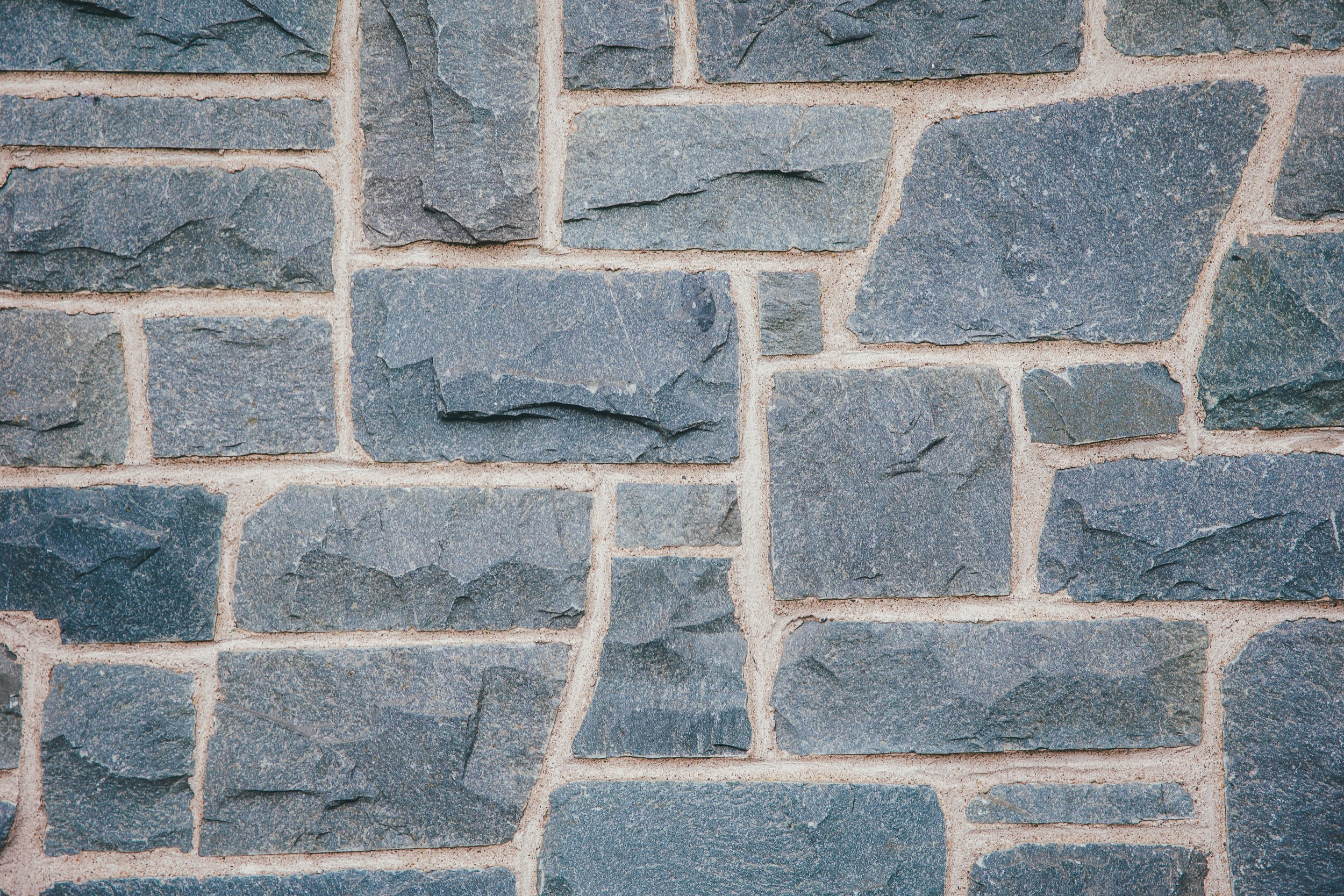
Dalhousie Conference on University Teaching and Learning
Creating Connections:
Building Communities within, Between and Beyond our Institutions
Tuesday, April 29, 2025 (online event) | Wednesday, April 30, 2025 (in-person event)
Dalhousie University
Halifax, Nova Scotia, Canada
-
Developing peer-to-peer learning
Envisioning students-as-partners
Relational pedagogies (building authenticity, vulnerability and trust)
Experiential and work-integrated learning
Learning in and with community
Technology-enabled interaction
Generative AI applications
Global learning frameworks
Decolonizing and Indigenization our disciplines and our pedagogies
Ensuring voice for diverse students
Student supports as/for relationship building
Fostering an interdisciplinary mindset
Assessments that build connection to community
How communities and partnerships enhance learning
-
Collaborative course and program design
Team teaching
Peer learning and collaborations for innovation
Supports for well-being, mindfulness, and contemplative practice
Appreciative inquiry
Communities of practice
Facilitating significant interdisciplinary collaboration
Building teaching and learning partnerships between faculty and staff
Community and partnership enhancing learning
-
Working with Indigenous communities and Elders towards decolonization and Indigenization
Practitioners in the classroom
Co-designing courses and credentials with employers and industry
Alumnae and industry mentoring schemes
The impact of work-integrated and experiential learning
Forging links with organizations and communities
Opportunities for learning in the field
Communicating knowledge value beyond the academy
Session Types
-
A forum for collaborative development and discussion of creative approaches to teaching and learning, with a focus on practical application. Your proposal should clearly indicate how your participants will actively contribute to the session.
-
Your proposal should identify a topic or question for a discussion or conversation you would like to facilitate with peers. Topics/questions should be of sufficient scope to allow for deep, collaborative engagement.
We have land-based/outdoor facilities available. You will be able to express an interest at submission.
-
This session format provides an opportunity for presenters to share land and community-based pedagogies such as outdoor pedagogies, inclusionary (Indigenous, ecological) teaching practices, educational partnerships with Indigenous communities, or experiential land-based activities. Session proposals should include if the presenters require an outdoor space for facilitation or any additional supports.
-
A forum for collaborative development and discussion of creative approaches to teaching and learning, with a focus on practical application. Your proposal should clearly indicate how your participants will actively contribute to the session.
-
The workshop format is designed to provide a forum for collaborative development and discussion of creative approaches to teaching and learning. Workshop proposals should clearly indicate how participants will actively contribute to the session.
-
This format provides the opportunity to share interesting, innovative teaching practices. Presentations should include opportunities for questions and discussion within the 25-minute timeframe.
You can express a preference for in-person/online when submitting your proposal.
-
This format provides the opportunity to share papers related to new or ongoing research. Presentations should include opportunities for questions and discussion within the 25-minute timeframe.
You can express a preference for in-person/online when submitting your proposal.
-
This format allows presenters ten minutes to showcase a pedagogical strategy, describe a classroom practice, or introduce a teaching and learning concept related to the conference theme. Sessions will conclude with a brief opportunity to identify/discuss common themes/ask questions.
Call for Proposals
How to Submit a Proposal
You must submit your proposal using the DCUTL 2025 proposal submission form. There is a limit of two sessions per presenter.
Please note that formatting (e.g., italics, bold, etc.) is not available when submitting a proposal. Those who have their submission(s) accepted will be given the opportunity to provide a formatted session abstract for the program later. Reviewers will be notified of this issue.
You will receive a confirmation within 4 business days. If you do not receive a confirmation, please contact clt@dal.ca.
The call for proposals closed January 24, 2025.
Proposals might incorporate, but are not limited to, the following areas of interest:
